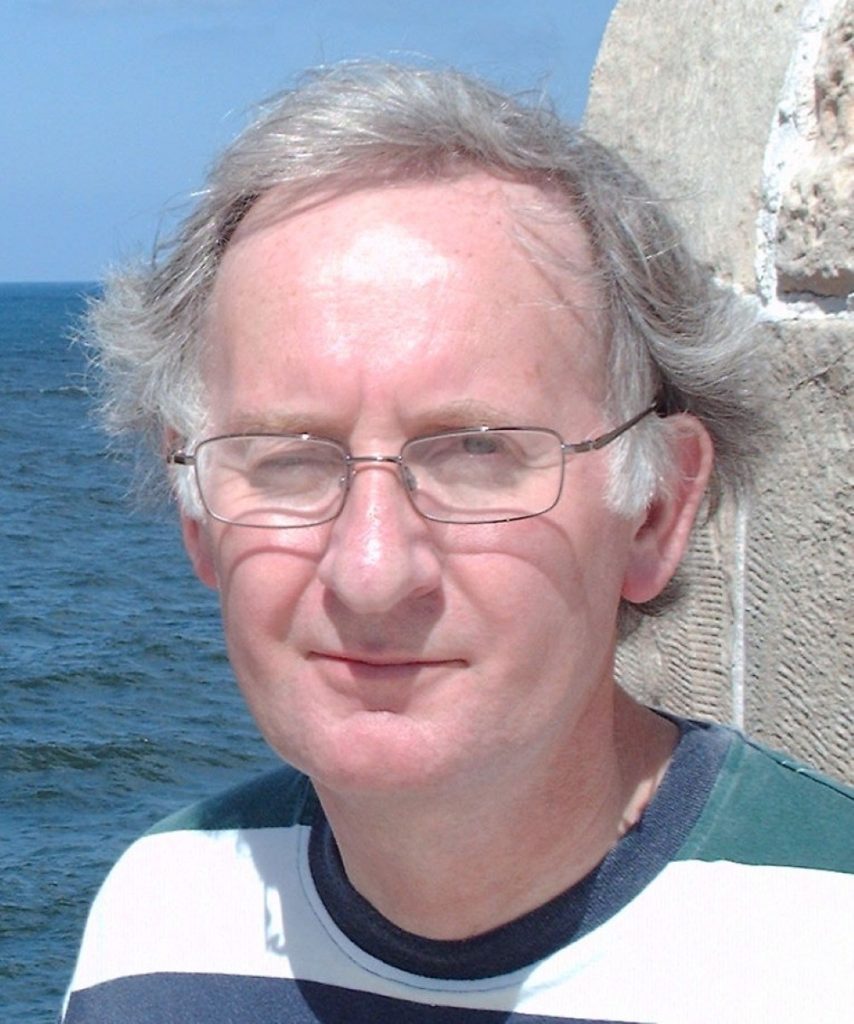Comment: Funding gap leaves UK riddled by apartheid
It's time to stop leaving the English at the bottom of the funding pile.
By Edward Higginbottom
Some MPs representing English constituencies have just woken up to the fact that we do not live in a truly United Kingdom where all its citizens are treated equitably. Those in England are firmly at the bottom when it comes to funding.
On average, the British government spends some £1,600 extra on every man, woman and child living in Scotland than they do on those in England, per year, every year.


And those self-same MPs have also just noticed that the gap is getting wider. What did they expect? Under the budgetary cuts imposed by the current government the overall reduction was something like 15% but those imposed on the grants to Scotland, Wales and Northern Ireland were only around 7.5%. It doesn't take much of a financial brain to work out that those in England have had to shoulder a disproportionate amount of the so-called "shared pain".
This invidious situation has been created in good measure by the now-infamous Barnett formula, drawn up in 1978 on the "back of an envelope" to try and stop the then secretaries of state for Scotland and Wales from perpetually pestering the chief secretary to the Treasury (Joel Barnett) with demands for greater funding. In essence the formula gave Scotland ten per cent, Wales five per cent and England 85% of the money spent in Great Britain. The trouble is that the population of Scotland has declined as a proportion of that of Great Britain, whilst England's has grown. Add Northern Ireland to the equation and England's share of the money is reduced further.
It is fair to say that delivering service in parts of Scotland (the Highlands and Islands) is undoubtedly more expensive due to distances and sparseness of population but that does not apply to the vast majority of the Scottish population that are actually concentrated in the Lowlands. This additional cost is unlikely to equate to more than £200 per head when averaged out over the whole of the Scottish population – it certainly does not come to £1,600.
This additional amount of money means that the people in Scotland do not just get what the people in England receive. They also get get better services, including free prescriptions, free hospital parking, free accommodation in care homes, free university tuition fees.
The argument that many a Scot uses to justify this extra largesse is that North Sea oil revenues are rightfully all theirs. But of course that is not the truth. Some of the North Sea oil fields would be in English waters if the UK's Exclusive Economic Zone was divided using the same scheme as that which created it.
To quote the Scottish Office report 'Scotland and Oil' published June 2009: "If all North Sea oil revenues had been allocated to Scotland there would only have been nine years out of the last 27 when Scotland would have been in surplus."
Of course, Scotland is not the only part of the United Kingdom to receive what is effectively a very generous subsidy from the people of England; the populations in Wales receive some £1,000 extra per head and those in Northern Ireland over £2,200 per person more.
This extra funding might well be justified if the standard of living in England was so much greater than other parts of the United Kingdom, but sadly it is not. Scotland, on average, has the second highest standard of living after the south-east area of England.
And, to add to the woes of England, it can actually be argued that it should receive greater spend per person than the other countries of the United Kingdom because it has a disproportionately larger share of the immigrant community, which in turn means it has greater costs in delivering services such as welfare, education and health, not least because of the language problems.
Scotland, Wales and Northern Ireland each send representatives to the UK parliament. They have grand committees for their MPs, they have their own parliament/assemblies, and they each have a secretary of state within the cabinet, all of them speaking for their constituent part of the United Kingdom. Who do the people in England have speaking up for them, championing their cause, ensuring they get fair treatment? Well, by the look of it, a few MPs who are actually elected to the UK parliament that have suddenly wised up to the manifestly inequitable treatment in this apartheid-riddled United Kingdom.
Edward Higginbottom is treasurer of the Campaign for an English Parliament.
The opinions in politics.co.uk's Comment and Analysis section are those of the author and are no reflection of the views of the website or its owners.









